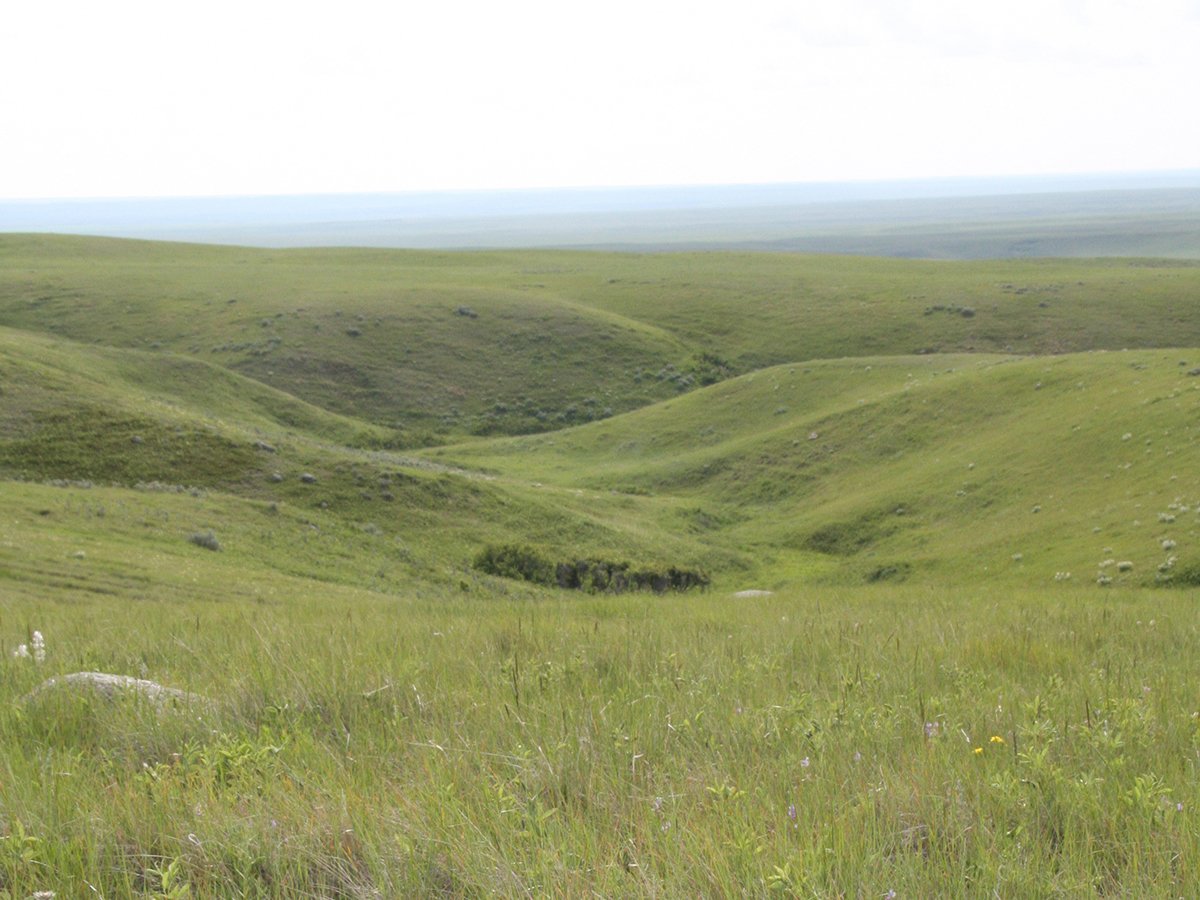The Canadian sheep and goat industry continues to seek long-term funding to support a national scrapie surveillance program.
Jennifer McTavish of the Canadian Sheep Federation said trade in breeding stock with the United States and Mexico remains blocked without an effective program assessing disease prevalence.
Sheep and goat exports were halted in 2003 when BSE was discovered in Canada. Although two U.S. rules have allowed cattle trade to resume, sheep and goats are still excluded until a scrapie prevalence assessment can be provided.
Purebred producers are becoming increasingly frustrated because they continue to be locked out of what were once healthy markets, said McTavish. Producers in Canada and the U.S. need to lobby for renewed access.
Read Also

Alberta irrigation project on grasslands approved
Environmental concerns raised by Alberta conservation groups over irrigation expansion project within rural municipality
“The small ruminant industry is just not on the radar. We have to start pushing it more at the political level.”
American breeding stock is allowed into Canada and feeder and slaughter lambs are accepted in the U.S., but they must be killed before they reach 12 months old.
“We in Canada have followed good science and opened the border under certain conditions,” McTavish said.
A three year national surveillance program ended March 31 with no further funding expected, said Courtney Denard of the national scrapie surveillance program.
Regional programs in Alberta and British Columbia provided the national survey with additional information.
All information is being analyzed and should be available later this year. Nearly 500 farms submitted 18,966 samples. Farmers were paid for samples.
“It was a more extensive program because females were included,” Denard said.
A genetic survey also looked at purebred stock to see which animals may be susceptible or resistant to the disease. Current research indicates there are different forms of the sheep prion proteins.
Scrapie is a federally reportable disease and is part of the family of transmissible encephalopathies, a fatal brain condition.
Sick animals may have their head down, continue eating but do not gain, do not walk properly and may scrape themselves against fences or posts until the fleece comes off.
The disease has been known for 250 years and Canada has had a surveillance program since 1984 with a total of 167 flocks showing positive cases.
There are several programs in Canada, including regional ones in Alberta and British Columbia, as well as some surveillance at abattoirs.
The worst year was 1998 when the disease was found in 31 flocks. Twenty-nine were in Quebec. British Columbia has reported no cases.
The disease was found in two Alberta flocks in 1993 and again in 2003, while Saskatchewan has had 17 cases, with the worst year being 2003 when six cases were found. Manitoba has reported 13 cases with the worst being 2001 with eight cases.

















